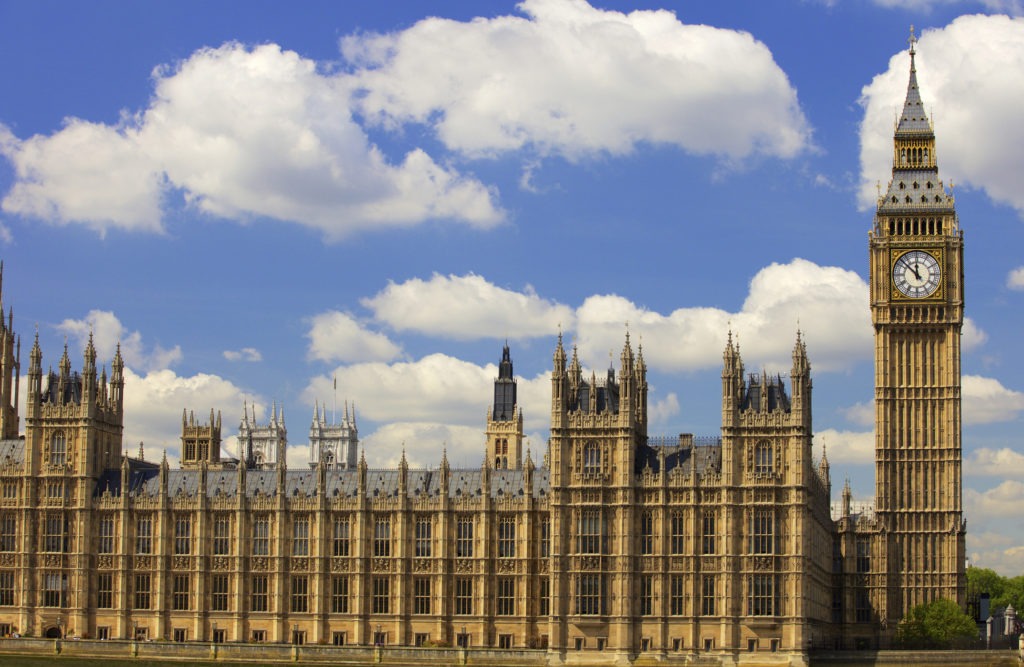UK ICE ban could be introduced as early as 2032
13 February 2020

13 February 2020
The UK’s transport secretary has suggested the country’s petrol, diesel and hybrid ban could come into effect even earlier than announced at the start of this month.
Grant Shapps suggested that the government was considering introducing the ban on any vehicle with an internal combustion engine (ICE) by 2032, three years earlier than the 2035 date mentioned in February, and eight years earlier than the original 2040 date suggested in 2017.
The suggestion, made during an interview with BBC Radio 5 Live, will undoubtedly spark further concern within the automotive industry, which was already trying to comprehend the plans being bought forward by five years. There will be a consultation before plans are finalised, Shapps added.
Going green
Plans for the ban are being made in the run-up to a United Nations climate summit that will take place in the UK in November. COP26 will be located in Glasgow and is an annual event set up to assess progress on tackling climate change.
A Department for Transport spokesperson told the BBC: ′We are consulting on a range of possible dates to bring forward the end to the sale of petrol and diesel cars and vans.
′The consultation proposal for this is 2035 – or earlier if a faster transition appears feasible – as well as including hybrids for the first time.’
Once the ban comes into effect, only electric or hydrogen cars and vans will be available. Hybrid vehicles are now included in the proposals, which were originally announced in July 2017.
The new date would bring the UK Government’s views in line with those of the Scottish parliament, which, while unable to initiate a ban in its own right, is looking to ′phase out the need’ for ICE vehicles by 2032. It will do this with a package of measures such as expanding the charging network for electric vehicles. With some of the most rural locations in the UK, any such expansion would be one of the most challenging for the country as a whole.
The UK’s Society of Motor Manufacturers and Traders (SMMT) has not provided a comment to the BBC on the latest government musings. At the announcement of the 2035 ban date, chief executive Mike Hawes said: ′If the UK is to lead the global zero-emissions agenda, we need a competitive marketplace and a competitive business environment to encourage manufacturers to sell and build here. A date without a plan will merely destroy value today.
Bus timetable
Meanwhile, as it ramps up investment in green transport initiatives to help meet its carbon targets, the government has also announced that local authorities can now apply to become the UK’s first all-electric bus town.
The winning area will receive up to £50 million (€60 million)to help pay for a brand-new fleet of electric buses, reducing emissions and cleaning up the air in their community.
A town with 200 electric buses could save around 7,400 tonnes of CO2 each year, the equivalent to taking 3,700 diesel cars off the road.
The fund is part of a total £170 million (€203 million) allocated to improve services and make bus journeys greener, easier and more reliable.
Scooter acceptance
A consultation on the use of e-scooters in the UK is also expected to open later this month. The plans would see the mobility items legalised for use on UK roads, bringing the country into line with other European markets. E-scooters have become a popular method of urban transportation in many of Europe’s largest cities, although new legislation in Germany could see them banned from use.
Following the consultation period, there is likely to be a trial held in one town, before a nationwide rollout. It is expected that authorities will look to limit speeds on the devices to 15mph.